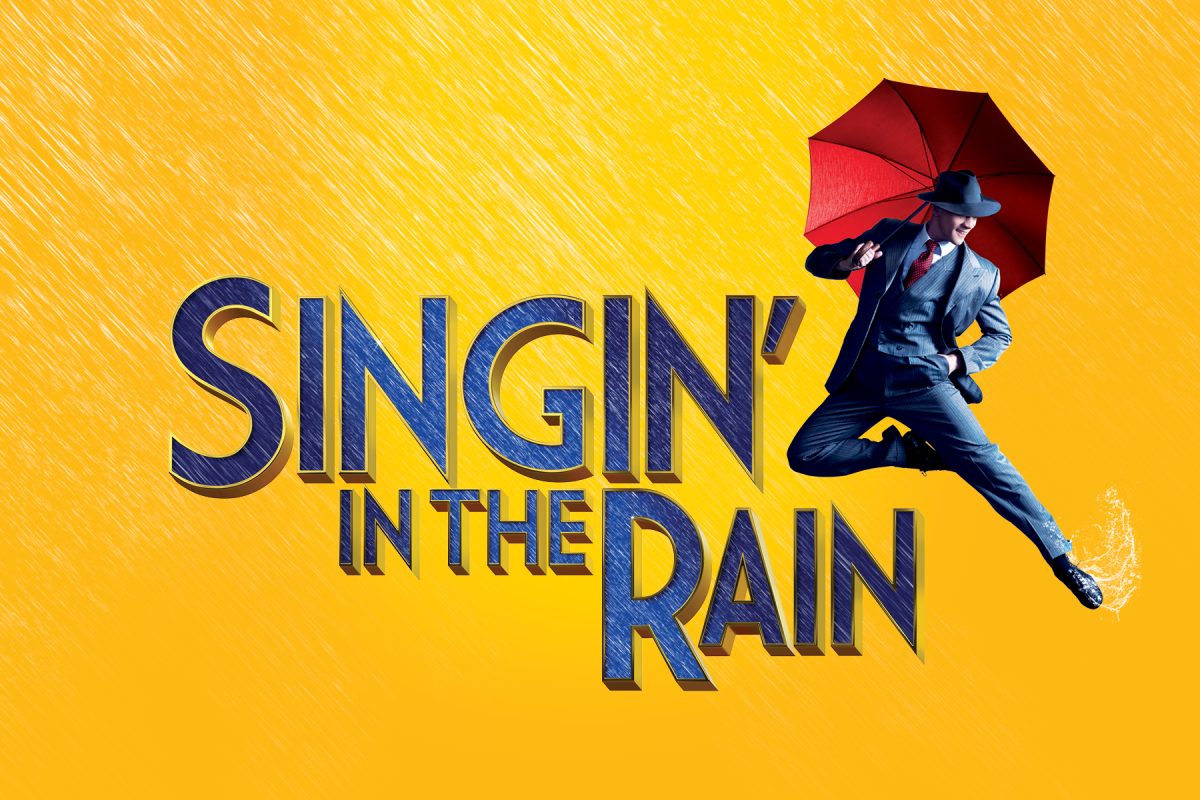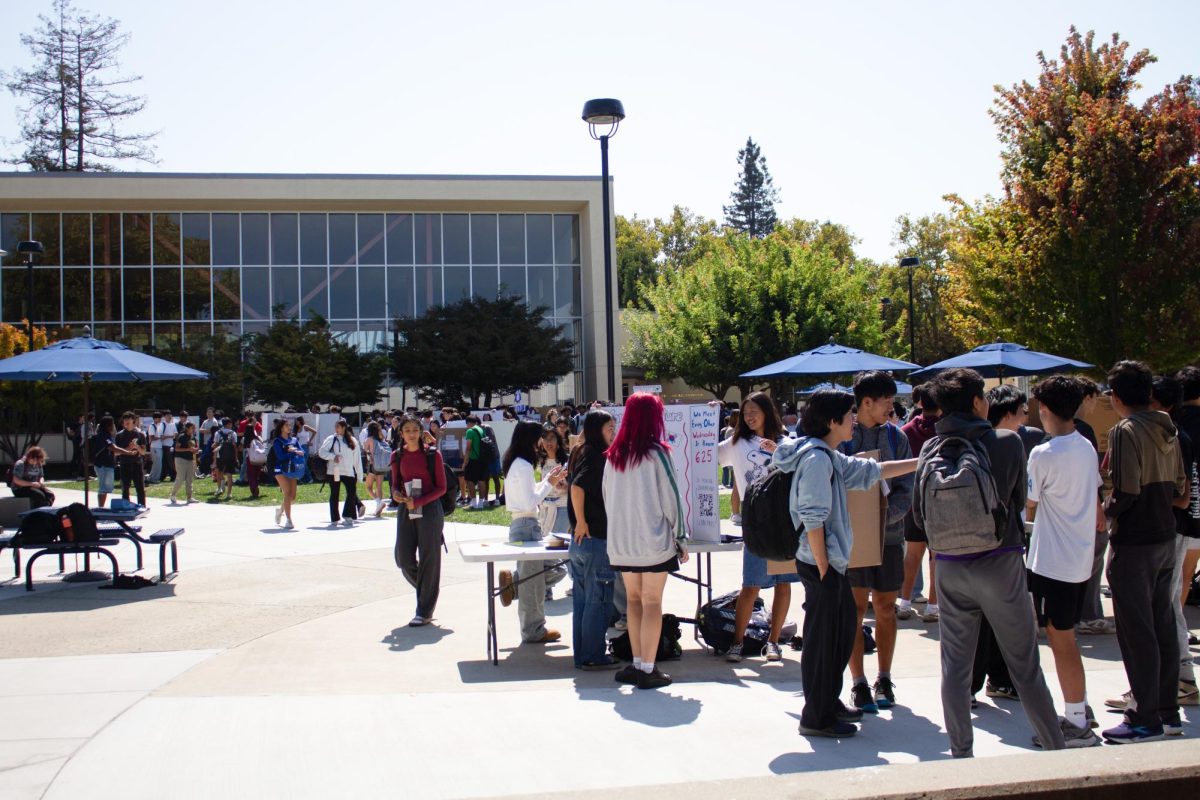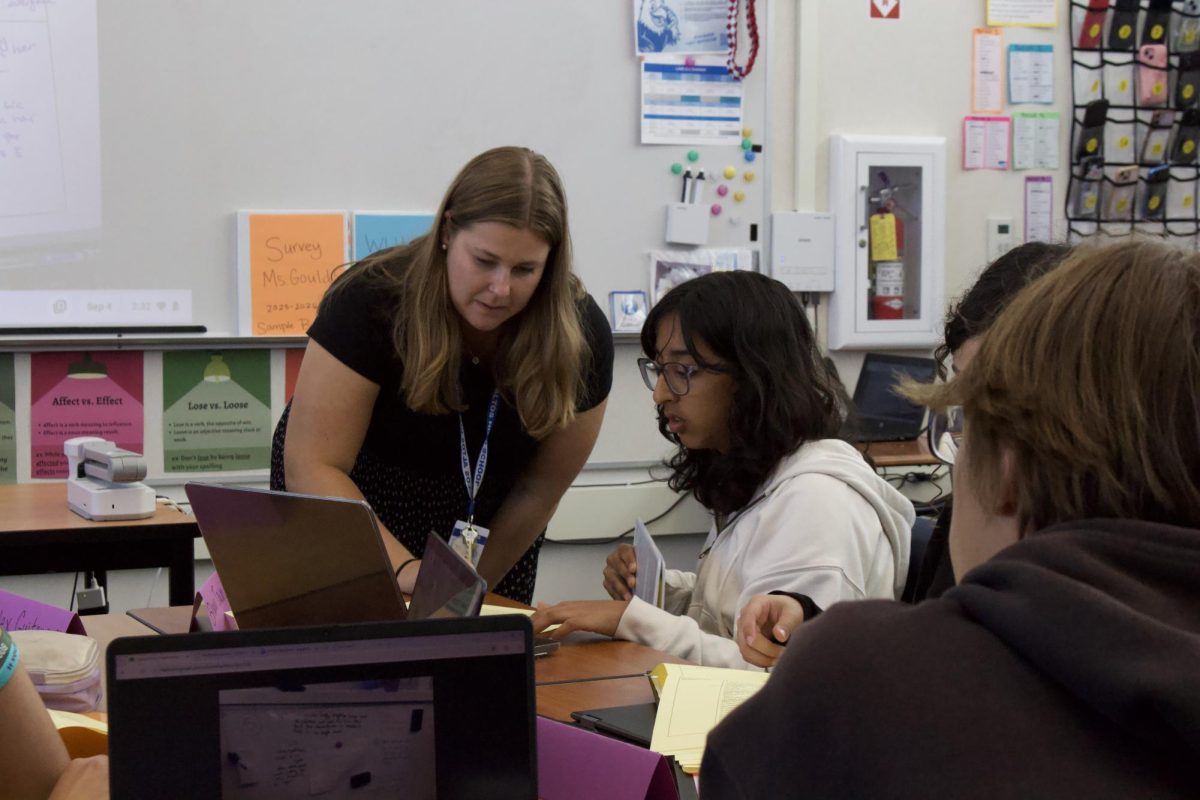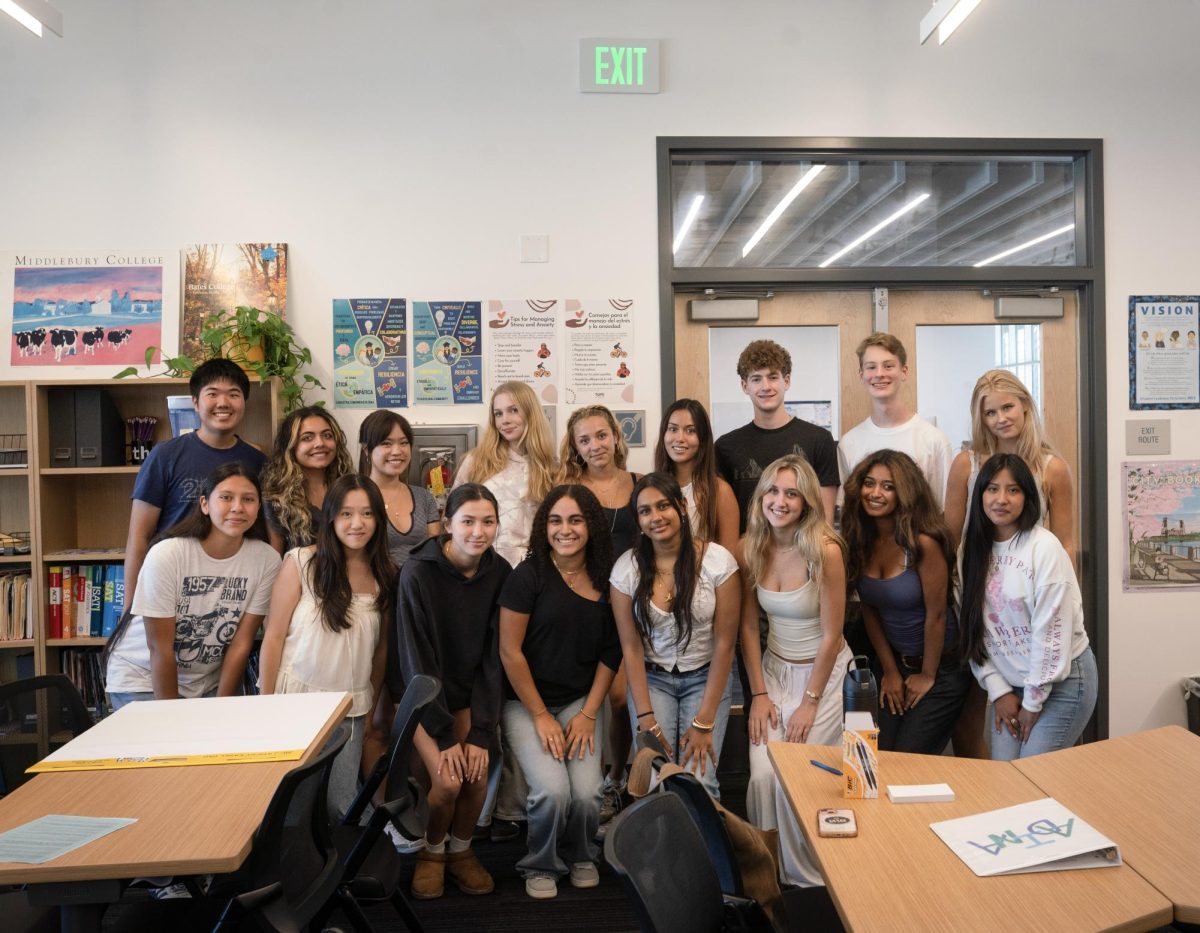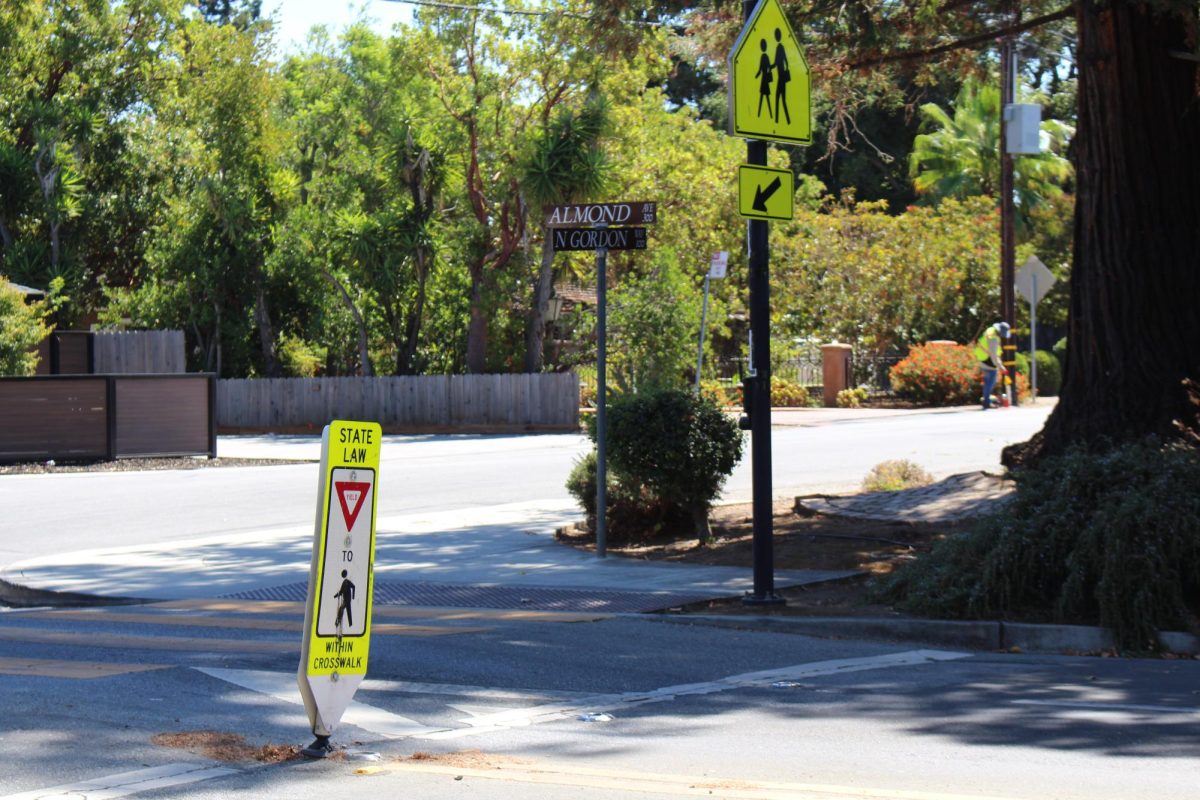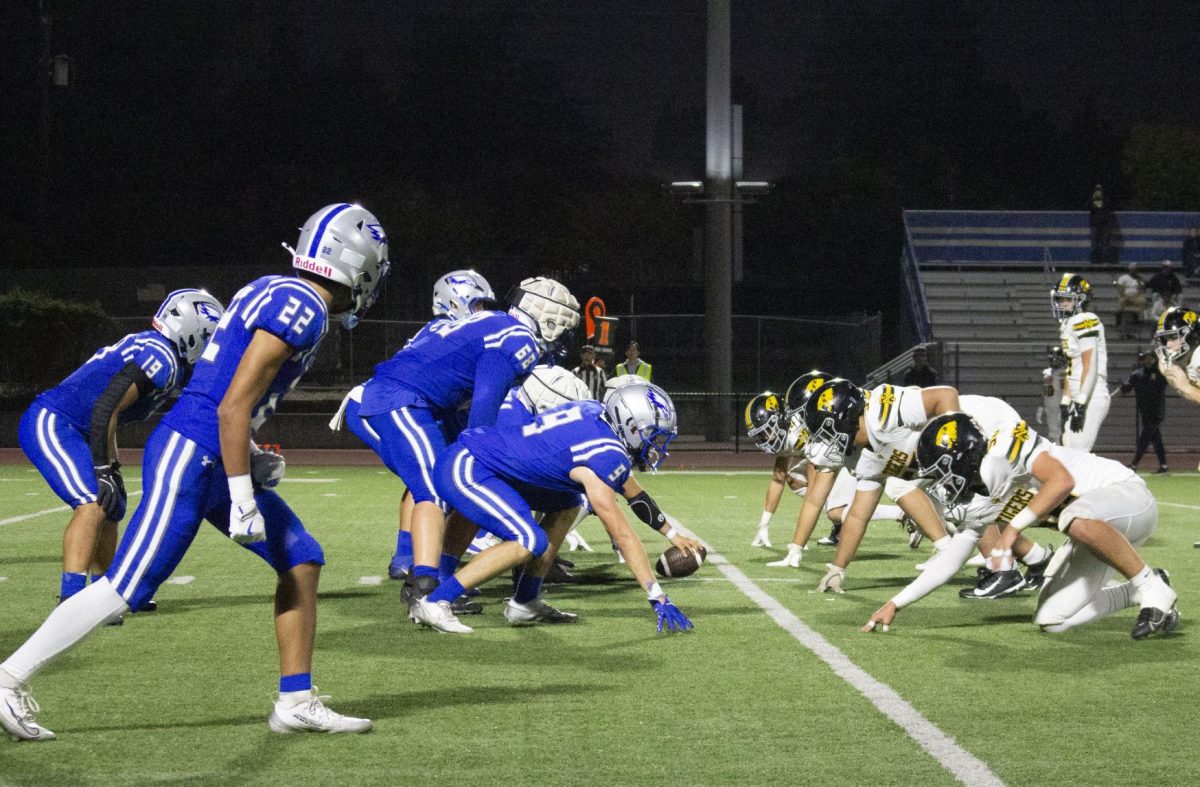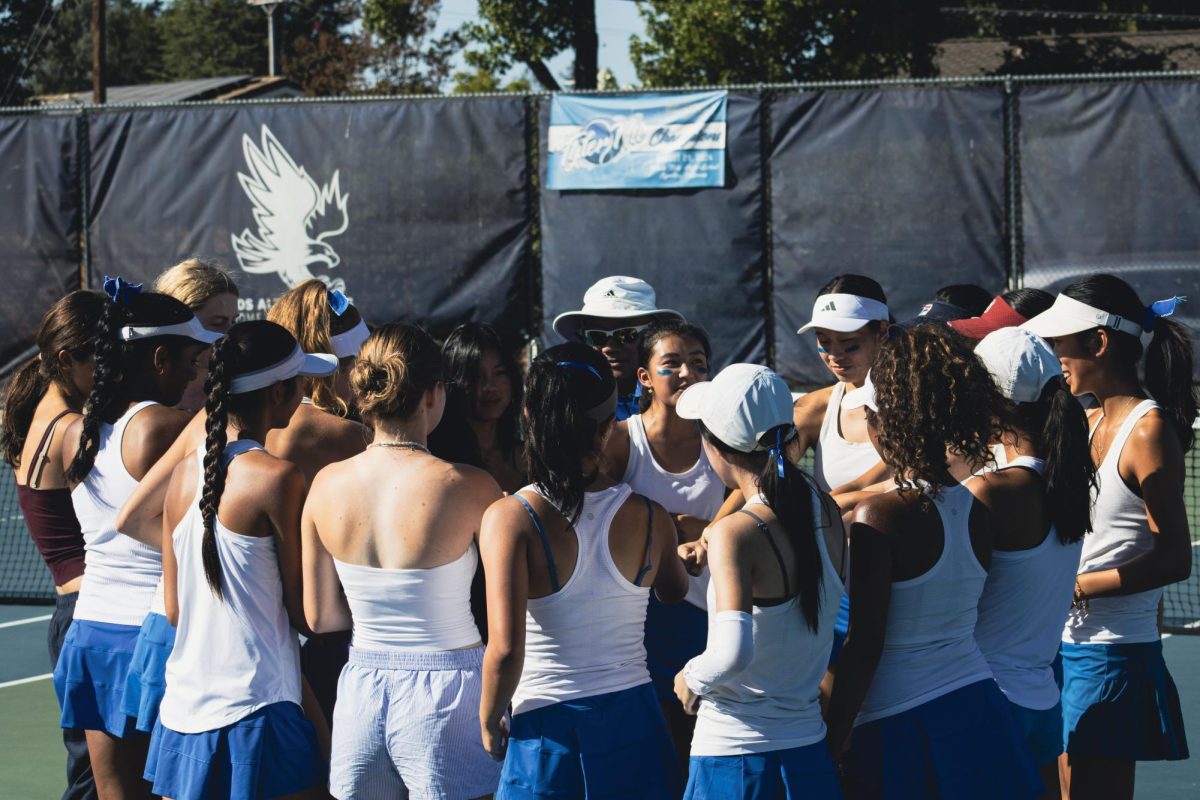In an increasingly digital age, education systems are starting to introduce media literacy — how to consume media responsibly as well as produce it. On Friday, October 13, 2023, California lawmakers passed Bill Assembly Bill 873 to address the need for media literacy education in K-12 schools.
The bill says that with the prevalence of media, it’s necessary to have statewide standards to ensure a level of media literacy in K-12 schools. The bill claims that despite over 90 percent of young adults using social media, 82 percent of middle schoolers had difficulty differentiating advertisements from news stories.
“I completely believe in the importance of media literacy because students interact with media countless times on any given day,” English Department Coordinator Margaret Bennett said. “I think it’s really important as a democracy and as a country that we are aware of all the different ways media is in our lives.”
“Misinformation is a huge issue on social media platforms, and I don’t think that teenagers are equipped just on their own to really navigate that,” English teacher Jasmine Mark said. “The way that elections have gone in recent years has very much highlighted some real holes in our education system.”
However, the bill did not provide definitive requirements, reading that it would “consider incorporating media literacy content at each grade level.”
“If you look at the actual wording of the legislation, it’s not as strong as it could be,” Bennett said. “The Word of the Year for 2023, according to the Merriam-Webster Dictionary, is ‘authentic.’ That’s the world’s most looked up word because people are trying to figure out what is authentic, what is real. One of the top contenders behind that in searches was deepfake.”
The effects of these requirements are expected to reverberate in English Language Arts Departments across the state. At Los Altos High School, there already is a media literacy curriculum in place, especially in the English Department and classes like Journalism One. In these classes, students learn about responsible media consumption, lateral reading and finding trustworthy sources.
“Our teacher usually assigns more than one article to read because there’s always bias, and it’s better to look at issues from different sides,” Journalism One student freshman Joseph Wang said.
The English Department is also looking forward to continuing its implementation of media literacy education.
“We’re all thinking about ways that we can ask kids to show their understanding in ways that are not just essays,” Mark said. “Students are going to have opportunities to use 21st-century technology tools more in class.”




